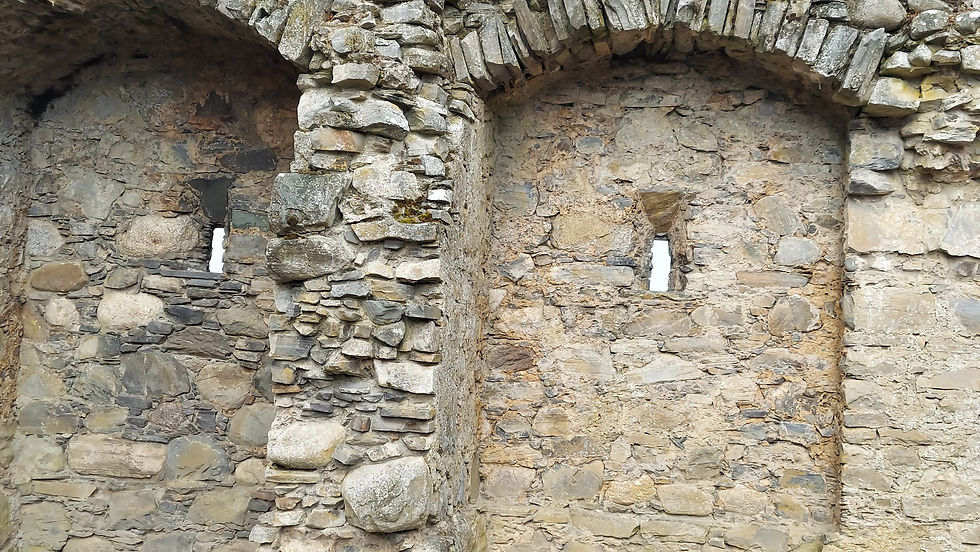Why is this so difficult?
- elizabeth

- Jul 15, 2023
- 3 min read
I have questions. I always have questions. Today’s questions are related to the July all-subject teachers conference.

Why is it so difficult to work with and through other teachers’ work? Why do we feel so isolated when we teach, even though we are in a community with such closely aligned values? Why is it so hard to feel like we are on a team with the other teachers? Why do we feel we have to compete for space (often literally) and recognition from our peers?
Why in this highly evolved spiritual community, where we nod our heads - and honestly agree - that every individual is equal in spiritual terms, is there a lingering feeling of ‘us and them’? Why do some of us feel decidedly unequal to our colleagues and peers?
There can be lots of potential reasons: old habits; feelings of greater or lesser self-worth, perhaps left over from our childhood educational experiences. Perhaps there is a hierarchy of seniority; perhaps a hierarchy of ‘training’; perhaps there are some ‘legacy’ teachers (from Old Guard anthroposophical families); perhaps there is an implicit (or even explicit) ‘ranking’ of teachers, from academic to sports; or a substantial salary differential (part-time vs hourly); perhaps a subliminal gender inequality. Yet we are all drawn to this work, and we continue to engage.
In our collaborative and innovative conference you will hear many different perspectives from peers and from internationally renowned teachers. Sven Saar will look through the lens of child development; Kevin Avison will speak about the vertical, horizontal, and spiral curriculum; Kim John Payne will break open questions about specific teaching and class management techniques.
There is another perspective. I am interested in the historical and social view, as I see the way education has changed and transformed over the course of history. Education can be seen as both the product and the producer of the society we live in. Everybody is educated in one way or another, we are all influenced by our experiences and this means we tend to see the world through the lens of our own education.
If education is indeed both the product and the producer of the society we live in, it also means we can change its course. I think this is why we are drawn to Waldorf Education, because we want to see and contribute to something better in the future.
Over the course of time, education has changed from market-place debates in Ancient Greece, to a search for religious meaning behind all natural phenomena, to chained books and the absolute authority of the written word, to the ever-increasing specialization and fragmentation we see today. Education has shifted from striving to see unity and coherence at the heart of everything to what we now call ‘academic silos’.
The more specialized the subjects, the less teachers seem able to discuss, share, and see through one another’s perspective. This is the world most of us have experienced in our own education, and it has formed and shaped our understanding of what education is and can be.

We can use images from fairy tales to illustrate this shift in focus. Here is a cottage in the woods, where the focus is on discovering the light within, seen through different windows.

And here are arrow slits in 12th century Ruthven Barracks, Scotland, where each archer is separated from the others, firing in different directions, the arrows flying further and further away from each other.
Waldorf Education has been at the forefront of educational change for over a hundred years now. We have the opportunity to pull the pieces back together and to consciously re-form and re-integrate the way we do education until “it all makes sense” again. Waldorf teachers strive to focus holistically on the children as the center of our work, but we all often fall short.
If education is truly both the product and the producer of the society we live in, then we can effect change. But we must act. We must be the change we want to see. We must step out of old patterns and look in through the windows of another classroom at our colleagues’ work. This first step starts with interest. Interest is a free act which nobody can force on you, but it can lead you everywhere.
Choose to demonstrate interest.
Take that first step, let’s talk about how, and together work out some small steps towards putting the pieces back together in our first “All Subjects” conference this month. We will be supported by three wise international Waldorf educators: Kevin Avison, Kim John Payne, and Sven Saar. They will each bring their own perspectives on why it is so important to collaborate - and innovate where necessary - to give the students the experience that “it all makes sense”.

It's not too late! Join us to take that first momentous step
https://www.waldorfhandwork.org/all-subjects-conference-july-2023




Comments